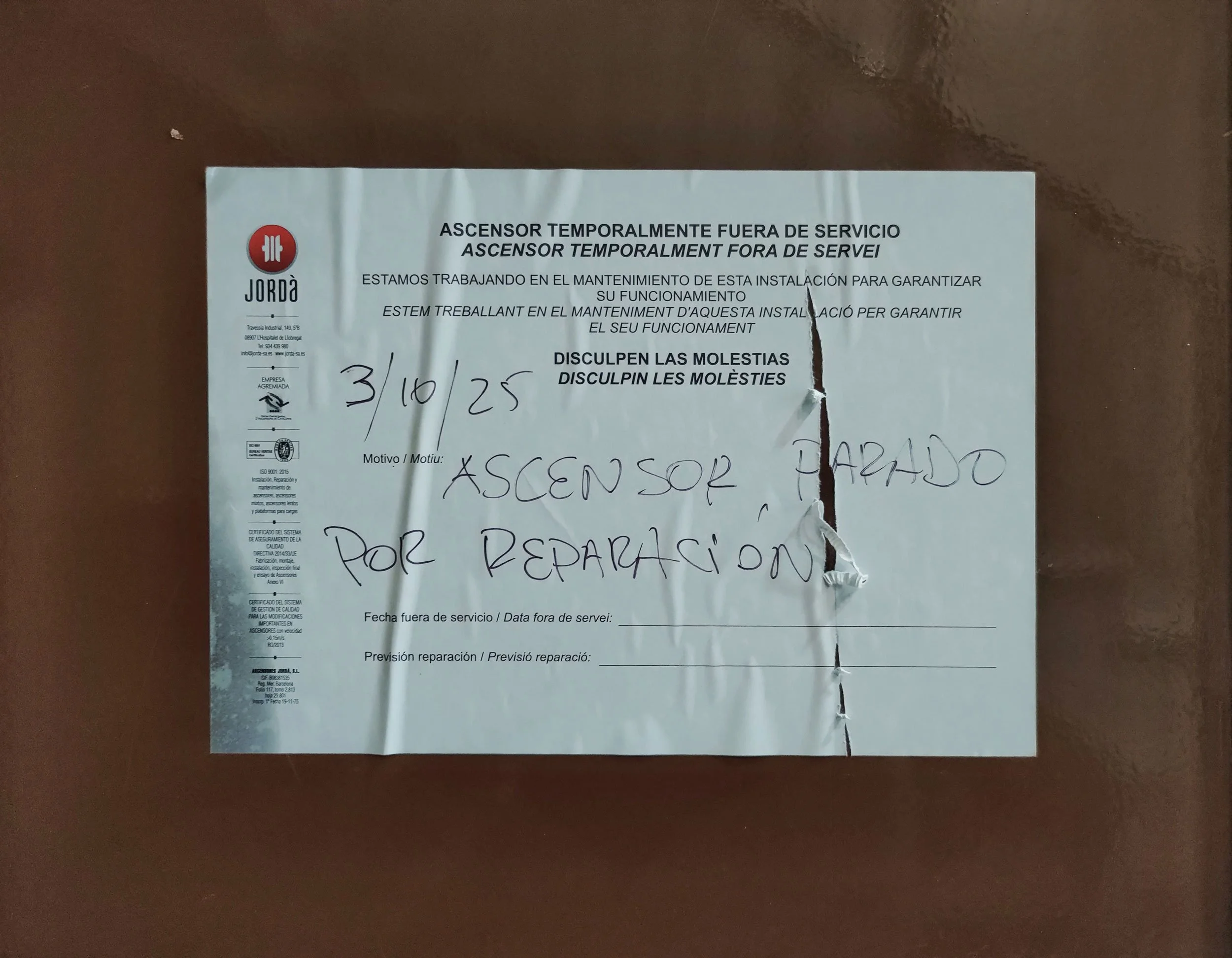Why I Need More Help Than I Thought
As soon as the words slipped out of my mouth last weekend, I knew I’d missed an opportunity. I had just spent twenty minutes dragging a hand truck loaded with boxes from my apartment to my art studio only to discover that the elevator was out of order. And as I was looking with annoyance at the hand scrawled out of service sign, a woman who had just walked down the stairs asked if I needed help carrying the boxes.
“Thanks, but no,” I quickly replied, “It’s just one floor. I can manage.”
The thing is, I don’t know anyone in the dated six-story building that houses my studio. And my knee-jerk need to be perfectly capable had just blown my chance at making my first connection.
People are complicated creatures and I am no different. I like to help others – it makes me feel good, gives me a sense of purpose, and connects me to a broader community even if it’s a fleeting connection to a person I may never see again. On the other hand, I don’t like to ask for help. I was raised in a family and in a country that placed high value on being capable, independent, and self-determined and I took this to heart.
But recently, I’ve been thinking about what we give up when we tilt too heavily toward self-sufficiency.
The paradox of helping is that even as we strive to display our own capability by going it alone, we are wired to help and to get a dose of competence, purpose, and connection when we do. These feelings are every bit as important to our well-being as the dopamine hits everyone is talking about these days.
It used to be that a balance of helping and being helped was baked into society. Food was procured, flocks were herded, barns were raised, and children were reared through an economy of mutual aid rather than individual burden.
But helping is now often seen as more of a choice than a necessity. And it even sometimes feels like you have to make an effort to find or create an opportunity to help. Maybe this is why stories of acts of kindness are so popular on social media. I’m not even talking about the heartwarming stories of people coming together to help one another in times of crisis or natural disaster but about the smaller everyday ways that people help others – the kid who brings his garbageman water on a hot day or the person who cuts hair for people who can’t afford to pay. These stories are uplifting, but their popularity is also a rather sad commentary on the current state of affairs where kindness and compassion seem to be incrementally giving way to animosity and heartlessness.
In a world that emphasizes self-determination, self-reliance, and self-care it can be hard to accept help when offered and even harder to ask for it. But in the long run, this can push us toward micro-management at work, isolation at home, and a less caring world in general.
I remember years ago when I was fresh out of college and was working as a coordinator for a university summer program. Pulling the program together was a huge job, but I was confident I could figure things out as I went. The only problem was that the head admin person – a woman who had been at the college for years – didn’t seem to like me much. When I mentioned this to my dad, he explained that she was used to being in charge and rightly so since she had a huge amount of institutional knowledge. “Ask her for help,” he advised. It was his subtle way of saying that I was micro-managing the project and it was not going over well.
The next day, I decided that there were more important things than projecting an image of strength and I asked for help. Far from the request being the inconvenience I worried it would be, the admin welcomed the opportunity to be involved and to use her expertise – and she admittedly did the work much more competently than I would have. That small act lubricated our social dynamic and led to a much more productive and satisfying relationship.
Accepting help is part of the give and take of a mutually beneficial exchange that builds community both inside and outside the workplace. Providing help makes people happier, buffers against stress, and may even help you live longer. Why would we deprive ourselves and others of these benefits by refusing help or creating conditions where people feel their help is not needed or welcomed?
Despite everything that accepting help has going for it, it is apparently a lesson that I need to keep relearning. I’m tempted to bring more things over to my studio but I know that social lightning probably won’t strike in the same place twice. But when it does strike somewhere else – whether in my work life, my social life, or on the way to my studio – I will be ready.

